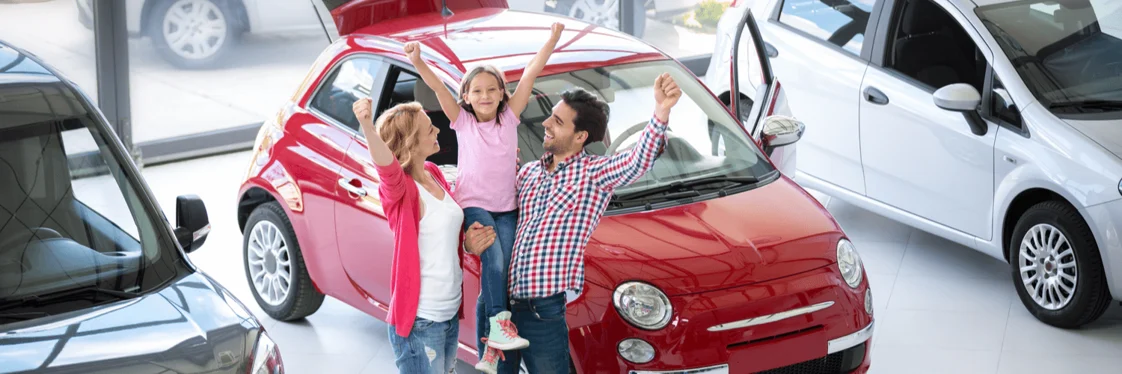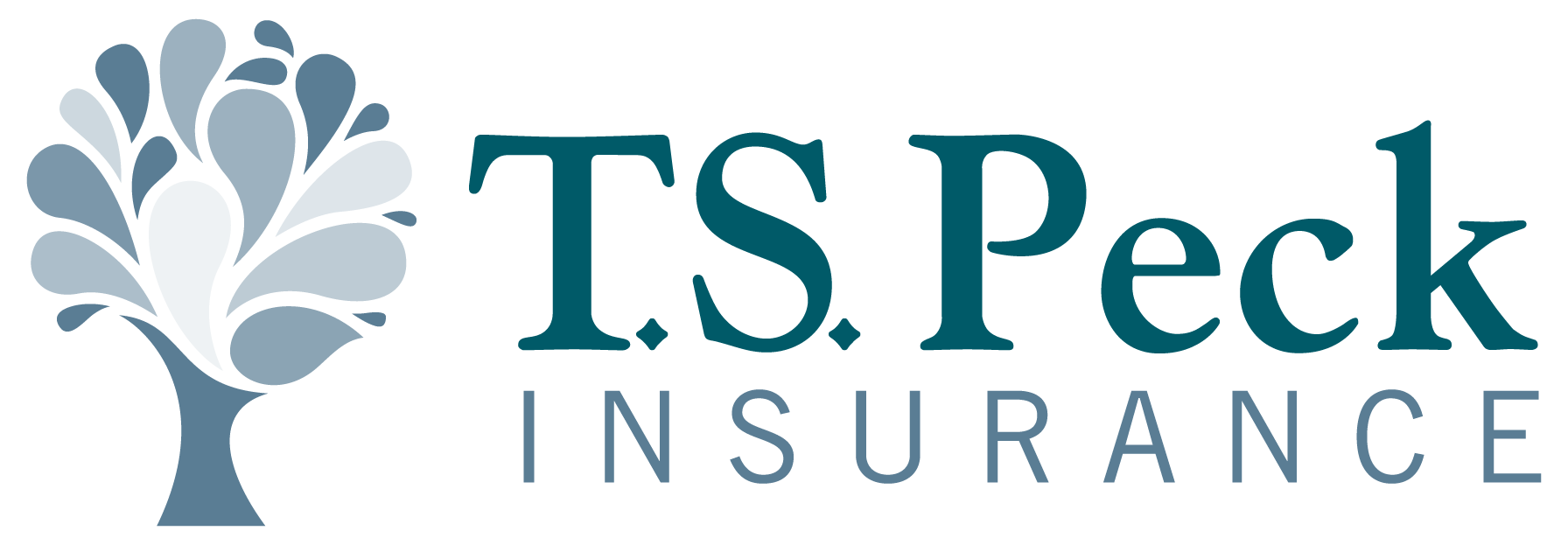Applying for auto insurance is a fairly simple and straightforward process. You will need to have some paperwork in order, though. Here are the documents you’ll need when applying for car insurance in Vermont.

When Applying for Car Insurance in Vermont, What Documents Do I Need?
Driver’s Licenses for All Drivers
Your driver’s license serves two purposes. It proves you’re legally allowed to drive, and the number on it can be used to check your driving record. You’ll likely be asked for your driver’s license, and a copy of it will probably be made.
If there are other drivers in your household, you may be asked for their driver’s licenses too. Some insurers may want to see the actual licenses, while others might accept copies for household members.
While you’ll probably need to furnish a license, it doesn’t necessarily need to be a Vermont license. If you’ve recently moved from another state and are looking for more affordable auto insurance, insurers will often accept your out-of-state license. You’ll still likely need to get an in-state license within the legally mandated timeframe, but you usually can apply for car insurance before receiving your in-state license.

Social Security Numbers for All Drivers
You may also be asked to provide your social security number, and possibly those of other drivers in your household as well. While driver’s license numbers give insurers information about your driving record, they might need social security numbers to look up other information. For instance, your social security number might be used to check your credit score (which many insurers consider when underwriting auto insurance policies).
It’s often wise to avoid carrying your social security card on you unless you absolutely have to. Instead of bringing cards for every member of your household who drives, you might want to memorize yours and call your household members for theirs when you need them.
Your Vehicle’s Registration
Like your driver’s license, your vehicle registration also serves two purposes. It’s used to prove ownership of your vehicle, and it contains your car’s vehicle identification number (VIN). (Your car’s VIN is a unique number that identifies that specific car. It can also be found on your car, usually etched into the windshield.)
You’ll want to bring the registration for any vehicle you’re insuring, as insurers will need this information for each vehicle.

Your Checking Account Information
While you don’t technically need your checking account’s information to purchase auto insurance, knowing its routing and account numbers could expedite the final steps. Some insurers offer discounts to drivers who sign up for autopay, and sometimes drivers must pay via electronic funds transfer (EFT) to get this discount. Having your account’s routing and account number on hand will ensure you can sign up for autopay even if EFT is the only automatic payment option.
The easiest way to provide your checking account’s information is to bring a voided check (or a blank one that you void if it’s needed). Checks have both the routing and account numbers of the accounts associated with them.
If you don’t have checks, which some people don’t, you can likely get your routing and account numbers by contacting your bank or looking up your account information online.
Your Current Car Insurance Policy’s Declarations Page
You don’t need a declarations page to obtain an auto insurance policy, but it can be helpful to bring your policy’s declarations page if you currently have coverage. This page can help your insurance agent find coverage that’s comparable to your current protections.
Your current policy’s declarations page should be in the policy paperwork and clearly marked.
Ask Your Vermont Insurance Agent
If you have any questions about what documents you’ll need when applying for car insurance, call or email your independent Vermont insurance agent. They’ll be able to tell you precisely what to get together to ensure that the process of getting coverage goes smoothly and quickly.

